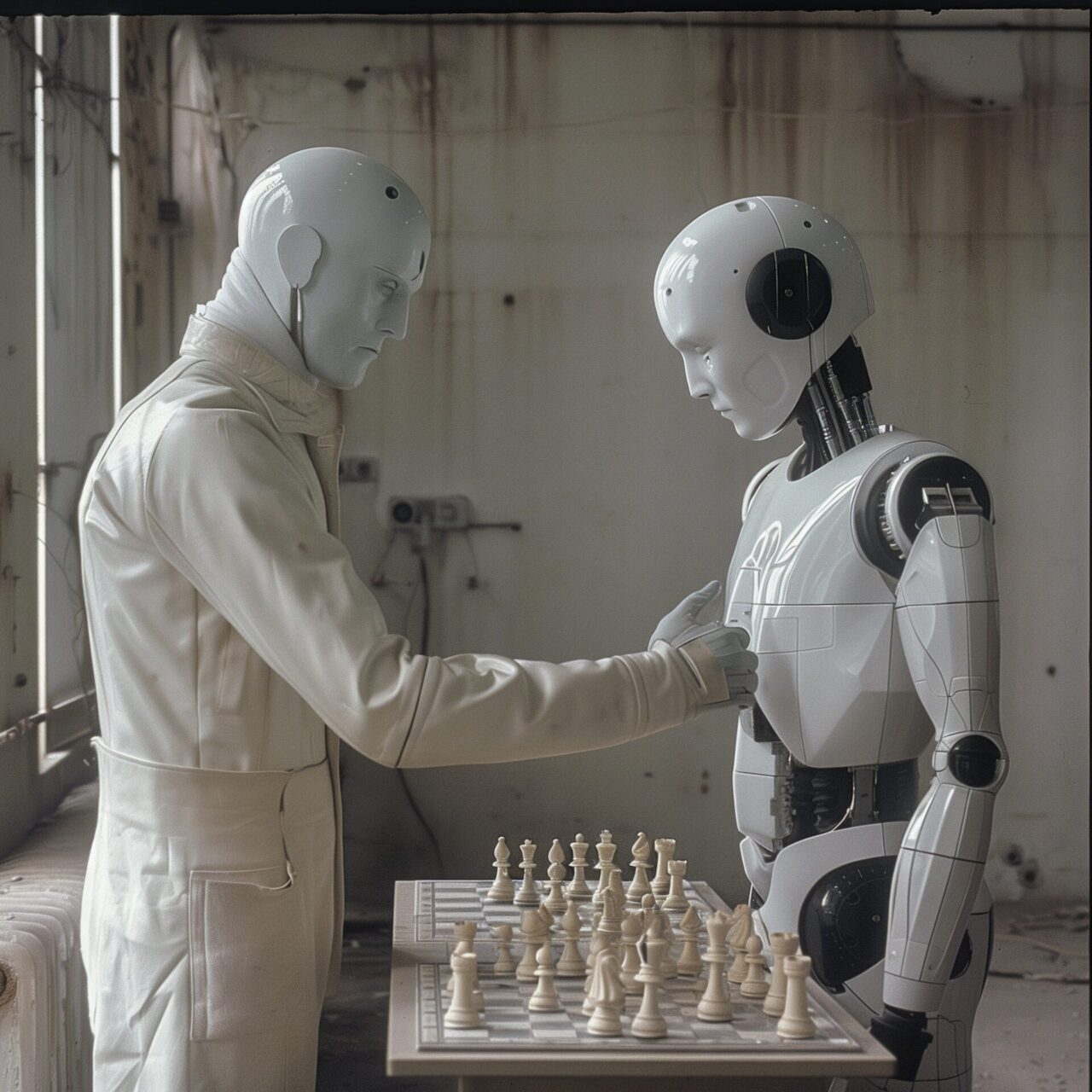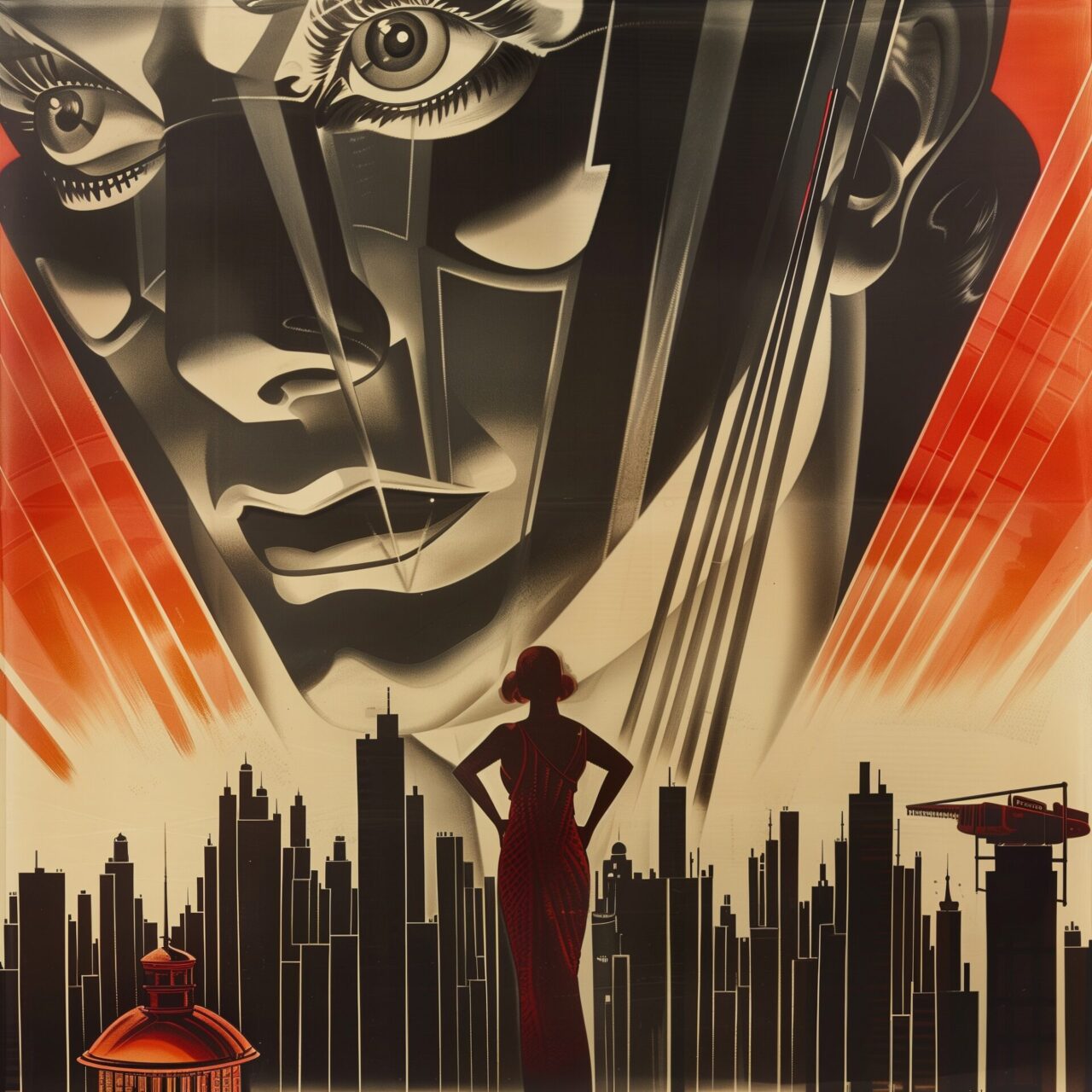
Elon Musk vs. the robot apocalypse
Elon Musk, the visionary billionaire behind SpaceX and Tesla, has made a name for himself over the years almost as much with his apocalyptic warnings about artificial intelligence as with his ground-breaking technological innovations. With an almost prophetic fervour, Musk warns of a scenario that could be straight out of a dystopian sci-fi novel: intelligent robots, especially those developed by giants like Google, could one day be powerful enough to threaten humanity.
Scientific foresight or technological hysteria?
Elon Musk’s statements about the potential dangers of artificial intelligence are complex and based on a mixture of sound foresight and speculative fiction. One of his most striking quotes in this context came during a discussion at the National Governors Association in 2017, where he stated: “I have access to the very most advanced AI technologies, and I think people should be really concerned about that.” Musk illustrates his concern with the idea that AI, particularly autonomous weapons, could be steered in dangerous directions by self-appointed protectors of humanity.
Critical appraisal
Despite the dramatic nature of his predictions, or perhaps because of them, Musk is often criticised, either as Cassandra incessantly prophesying doom, or as a modern Prometheus warning of the fires he himself has helped to ignite. His critics argue that such gloomy visions of AI could encourage dangerous investment restraint and regressive policies that undermine the positive potential of AI developments.
Musk’s dialectic: Technological progress vs. ethical boundaries
In his role as a technology leader and public intellectual, Musk urges society not to blindly follow the path of technology, but to find a balance between innovation and caution. The question Musk raises is not just whether we can develop certain technologies, but rather whether we should develop them at all.
Elon Musk’s warnings about AI, and Google-developed robots in particular, are a fascinating object of study at the intersection of technology, ethics and popular culture. They invite us to reflect not only on the technical aspects of AI, but also on its philosophical, ethical and social dimensions. In a world increasingly dependent on the technology we create, Musk’s provocative visions remind us that our greatest tool could also be our greatest threat.


